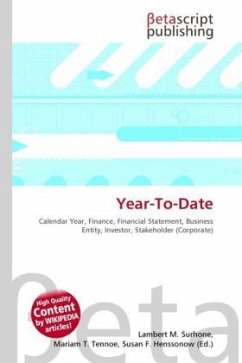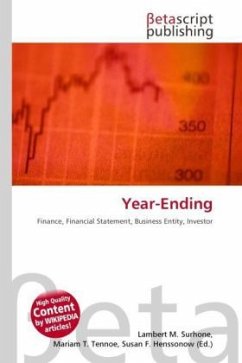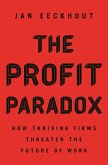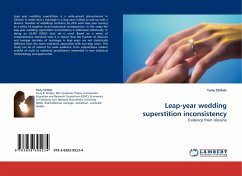High Quality Content by WIKIPEDIA articles! Year-to-date is a period, starting on a date which depends upon the country and the purpose, which is not more than one calendar year ago and ending on the day in question (e.g., today). Dates on which a year is deemed to start for this purpose include [January 1 (calendar year), July 1, 1 April (UK corporation tax and government financial statements), and 6 April (UK fiscal year for personal tax and benefits). Year-to-date is used in many contexts, mainly for recording results of an activity in the time between a date (exclusive, since this day may not yet be "complete") and the beginning of either the calendar or fiscal year. In the context of finance, YTD is often provided in financial statements detailing the performance of a business entity. Providing current YTD results, as well as YTD results for one or more past years as of the same date, allows owners, managers, investors, and other stakeholders to compare the company's currentperformance to that of past periods. Employees' income tax may be based on total earnings in the tax year to date.
Bitte wählen Sie Ihr Anliegen aus.
Rechnungen
Retourenschein anfordern
Bestellstatus
Storno








